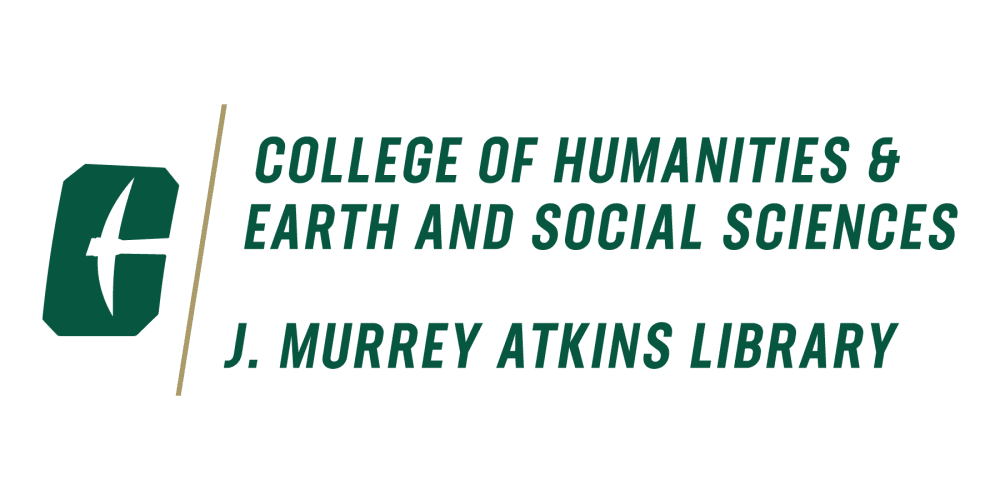Tina Shull, Ph.D.
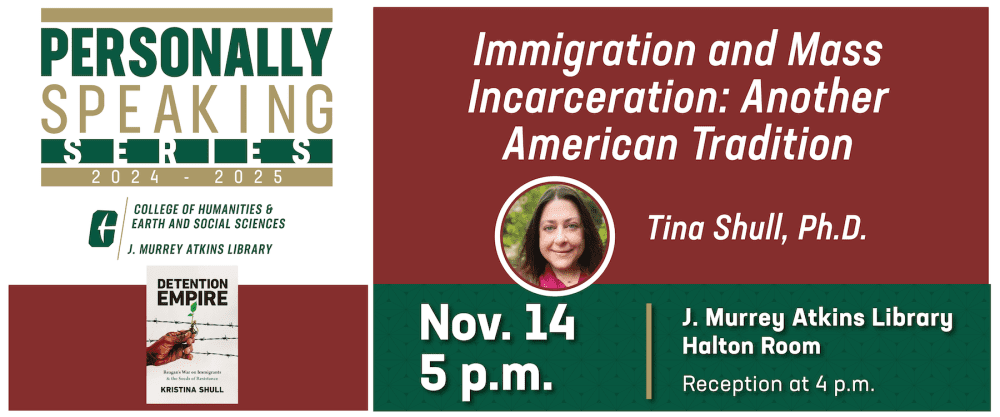
Scroll down for full details and information about parking and accessibility.
Register and join the Mailing List.
Mass incarceration, which is the tendency of a country to criminalize a wide range of offenses, is widely believed to be unfair to the poor and to people of color, while negatively affecting a country’s economic well-being. In the United States, the early 1980s marked a critical turning point for the rise of modern mass incarceration, which costs the country about $182 billion annually to administer and operate. This includes youth detention, territorial prisons, migrant detention, involuntary commitment, military confinement, and other forms of imprisonment. The Mariel Cuban migration of 1980, alongside increasing arrivals of Haitian and Central American asylum-seekers, galvanized new modes of covert warfare in the Reagan administration’s globalized War on Drugs. The result, in part, is that today’s US incarceration rates are staggeringly greater than most other countries in the world.
Drawing on critical refugee studies, community archives, and newly available government documents, Tina Shull’s book Detention Empire: Reagan’s War on Immigrants and the Seeds of Resistance demonstrates how migrant detention operates as a form of counterinsurgency, laying the foundations of new forms of carceral and imperial expansion. Yet Reagan’s war on immigrants also sowed seeds of mass resistance. Detention Empire shows how migrants resisted state repression through hunger strikes, prison uprisings, caravans, and the Sanctuary movement. As the United States remains committed to shoring up its borders in an era of unprecedented migration and climate crisis, these histories take on new urgency. Shull will discuss her research during “Immigration and Mass Incarceration: Another American Tradition,” as part of the “Personally Speaking” published expert series from The University of North Carolina at Charlotte.
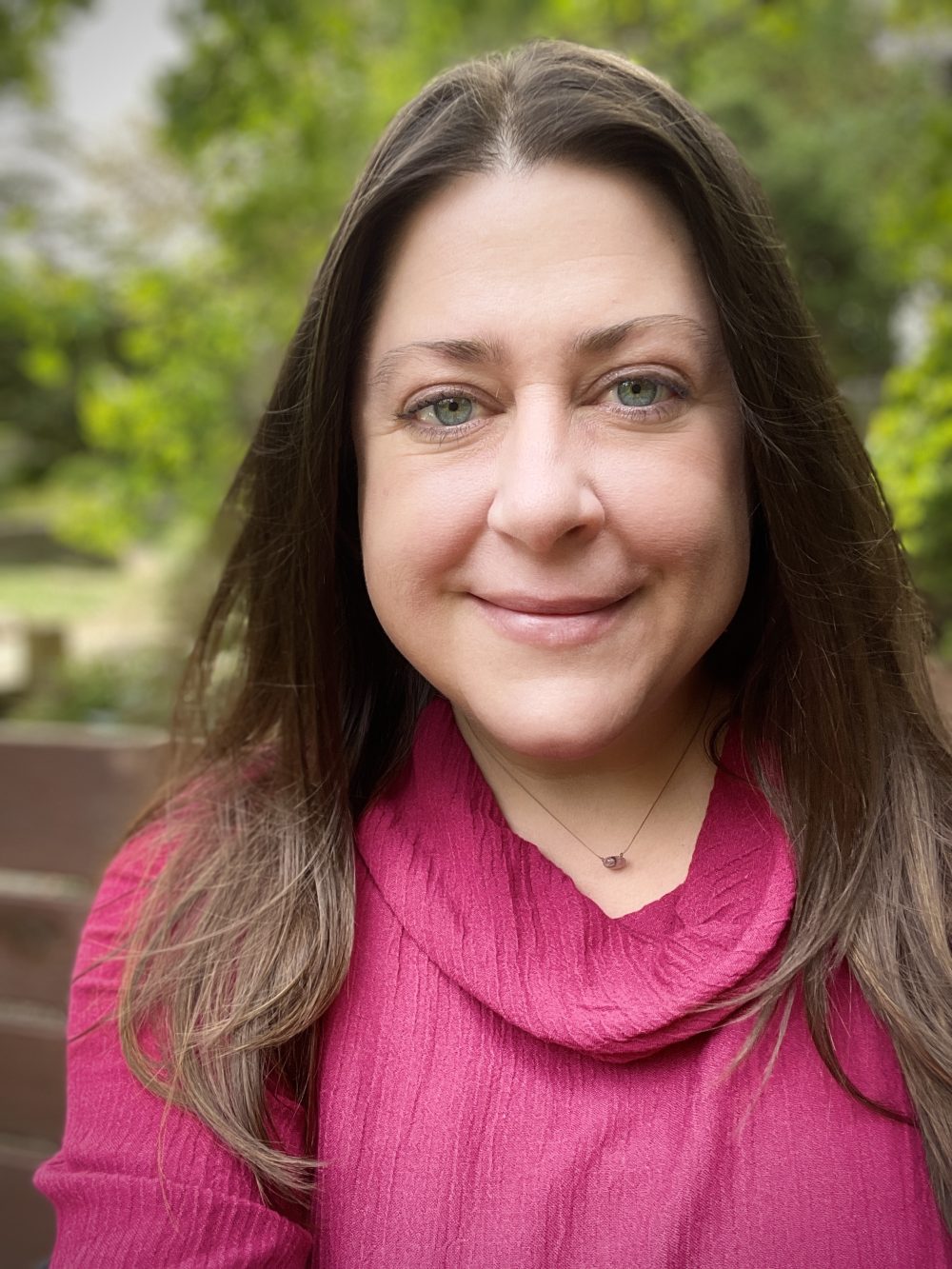
Tina Shull, PhD, is an Associate Professor and Director of Public History in the Department of History at The University of North Carolina at Charlotte. She is a historian of race, empire, immigration enforcement, and climate migration in the modern US and the world. Shull’s book Detention Empire received an honorable mention for the Immigration and Ethnic History Society’s First Book Award. She is the creator of the digital history projects IMM Print, Climate Refugee Stories, and Climate Inequality CLT, and lead curator of the 2023 ”Climates of Inequality: Charlotte” exhibit at the Levine Museum of the New South.
Additional Research
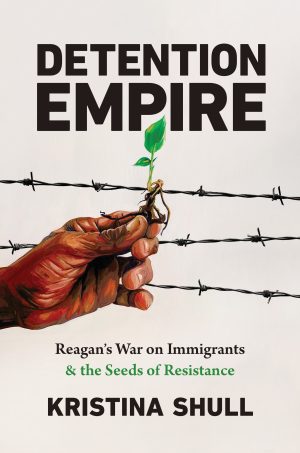
The author welcomes questions and comments about the topic and, although it is not necessary to read anything before the event, we refer you to additional research for more in-depth coverage:
Shull, Kristina. September 14, 2022. “Hidden Transcripts,” Inquest Magazine, Harvard School of Law.
Shull, Tina and Jamila Hammami. 2024. “Resistance Archiving: Reflections on the IMM Print Detention Stories Project,” in Resistance and Abolition in the Borderlands, edited by Arturo J. Aldama and Jessica Ordaz. Tucson: University of Arizona Press.
Event Facts, Parking and Accessibility
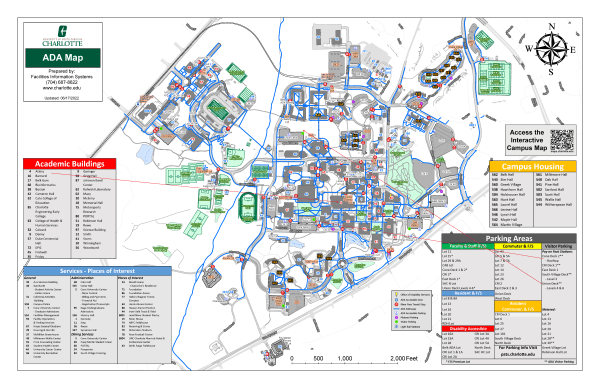
Date: Thursday, Nov. 14, 2024
Time: 5 to 6:30 p.m., with a light reception at 4 p.m.
Location: J. Murrey Atkins Library, Halton Room
9201 University City Boulevard, Charlotte, NC 28223
Please note our new venue, day and time!
Open to the public at no charge.
Parking: pats.charlotte.edu; The two closest parking locations are the Cone Deck and the Union Deck adjacent to the Popp Martin Student Union. (Look for arrows on the map.) Please read about the library’s accessibility support and contact chess-events@charlotte.edu if you have an accessibility issue directly related to Personally Speaking. Map
Now in its 15th Season, the “published experts series Personally Speaking highlights the recent research findings of our talented faculty. Presenters have each been selected by a committee of their peers to represent a sampling of the broad interdisciplinary work being conducted within the College of Humanities & Earth and Social Sciences. Presenters also have a knack for sharing their personal inspirations in a way that thoroughly engages their audiences—who are invited to reciprocate after the presentation. In this way, the College aims to build new connections between our faculty, staff, students, alumni, and members of the Charlotte community. The series is a partnership of the College of Humanities & Earth and Social Sciences with J. Murrey Atkins Library. Presentations may be recorded, but are usually not live streamed.
